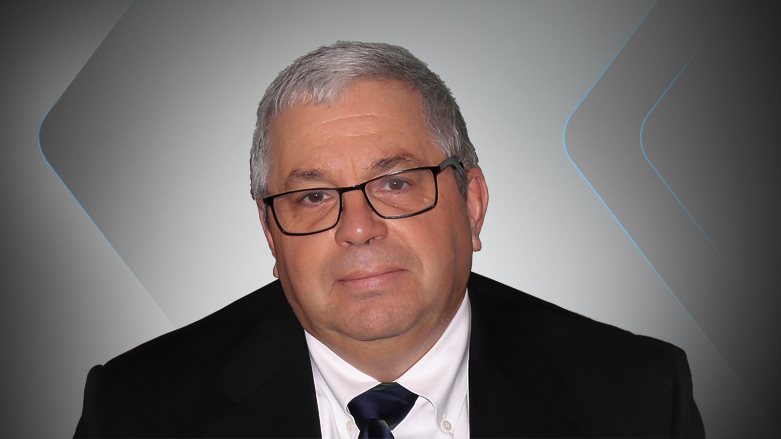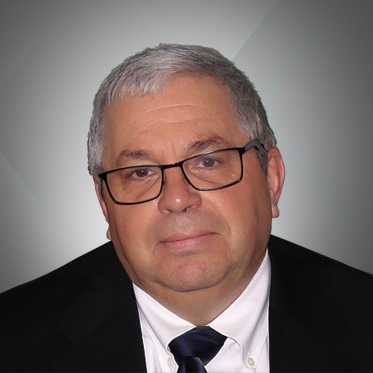Who speaks for the Kurds?

A panel discussion took place on Nov. 26 featuring Ismail Beşikçi, a renowned Turkish scholar and expert on the Kurdish population and the Kurdish question. He spent 17 years in Turkish prisons for writing about the Kurds and highlighting atrocities the Ottoman Empire, the Persian Empire, and colonial powers like England and France committed against the Kurds.
During the panel, the Turkish scholar also discussed the United States’ feckless foreign policy regarding the Kurds. Throughout the discussion, Beşikçi reminded that 50 million Kurds live within the confines of Turkey, Iraq, Iran, and Syria. He noted that several countries, many in the Middle East, contain fewer than one million citizens but are recognized as independent states, while the world has not seen fit to recognize a Kurdish state.
Although the Kurds have experienced years of violence against them, the world remains silent. Meanwhile, any action against Palestinians causes an international uproar with all the nations in the Arab and Islamic world calling for an independent Palestine. However, when a small section of the Kurdish population tried to pursue independence through a non-violent referendum, the world rejected its legitimacy and the parent country, Iraq, violated international law and norms to repress the Kurds, in the same manner as previous dictator Saddam Hussein.
Why is the world silent over the Kurds yet vocal about the Palestinians? The answer is simple: the Palestinians present a united front while the Kurds remain divided.
It is not unreasonable to place the blame of the Kurds’ plight today on their treatment following the First World War or the Turkish government’s attempt to deny their existence as a separate people. The US’ “on-again, off-again” policy should also not be ignored. During Beşikçi’s panel, the lack of Kurdish unity was only briefly addressed. Not unlike many countries, there is a variety of political parties among the Kurds as well as differences in customs and dialects. However, these differences are not enough to be used in the manner they are to separate the Kurdish people.
Regardless of the many conditions, the Kurds are responsible for themselves. Like other ethnic groups, they must somehow present a unified front to the world. Indeed, it is incumbent on the Kurds to find a single speaker with a coherent narrative that says: “This is who the Kurds are, and this is what they demand.”
Who will speak for the Kurds, then?
When searching for such a representative, two names stand out: Masoud Barzani and Abdullah Öcalan. With Öcalan currently in prison, Barzani has the international recognition and standing to present the Kurdish desires to the world. But this will not happen if the Kurds continue to fight among themselves. Barzani’s previous role as the president of the Kurdistan Regional Government gave him a strong standing in the international community, but not in the Kurdistan Region. He is mostly seen as the leader of the Kurdistan Democratic Party (KDP) and is, therefore, opposed by the Patriotic Union of Kurdistan (PUK), Gorran, the New Generation Movement, and other political parties.
There is no hard and fast rule that a leader must be the undisputed, unquestioned leader. When we consider other examples across the globe, this is not the case in most of today’s democracies. While Öcalan is likely the most revered of the Kurdish leaders, he is unable to gain a reputable standing from the world as most countries consider him a terrorist. Regardless of the correctness of this belief, he cannot currently be expected to come to the United Nations and demand an independent Kurdish state. That said, Öcalan’s imprisonment does not necessarily mean standing before the UN is impossible as Nelson Mandela was released from prison and eventually became the leader of his nation and his people.
Before the Kurds can begin to decide who will lead Kurdistan, there must be a Kurdistan. Once a nation becomes a reality, the citizens can start to play politics. As five million Kurds have issues uniting in Iraq in the face of oppression, how can we expect 50 million to do so spread across four countries? There must be a Kurdish awakening and a single voice – be it Barzani or another – to deny the world the option of ignoring the Kurds.
Paul Davis is a Senior Fellow at Soran University and a retired US Army military intelligence officer. He has been a consultant to the American intelligence community specializing in the Middle East with a concentration on Kurdish affairs. Currently, he is the President of the consulting firm JANUS Think in Washington DC.
The views expressed in this article are those of the author and do not necessarily reflect the position of Kurdistan 24.
Editing by Karzan Sulaivany
